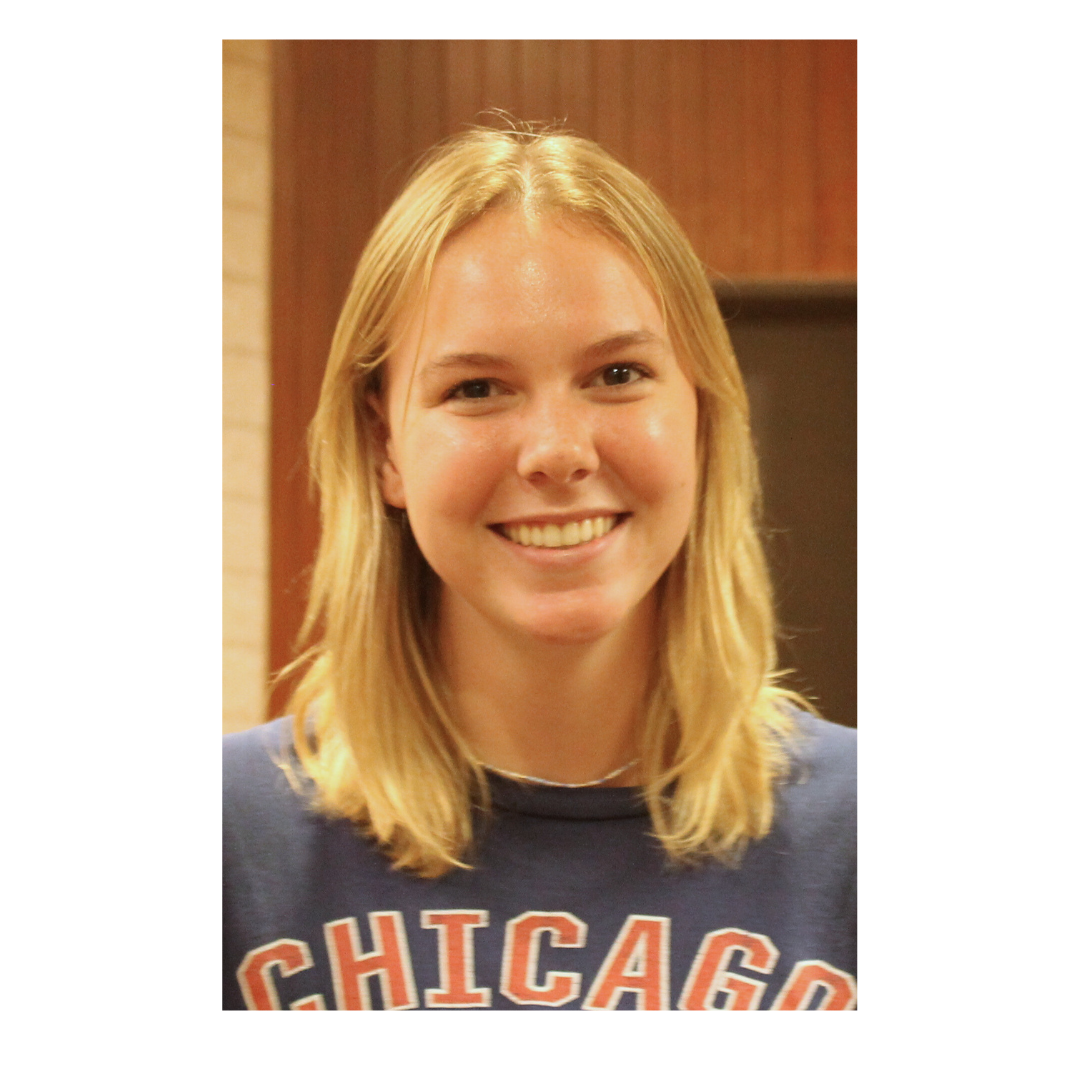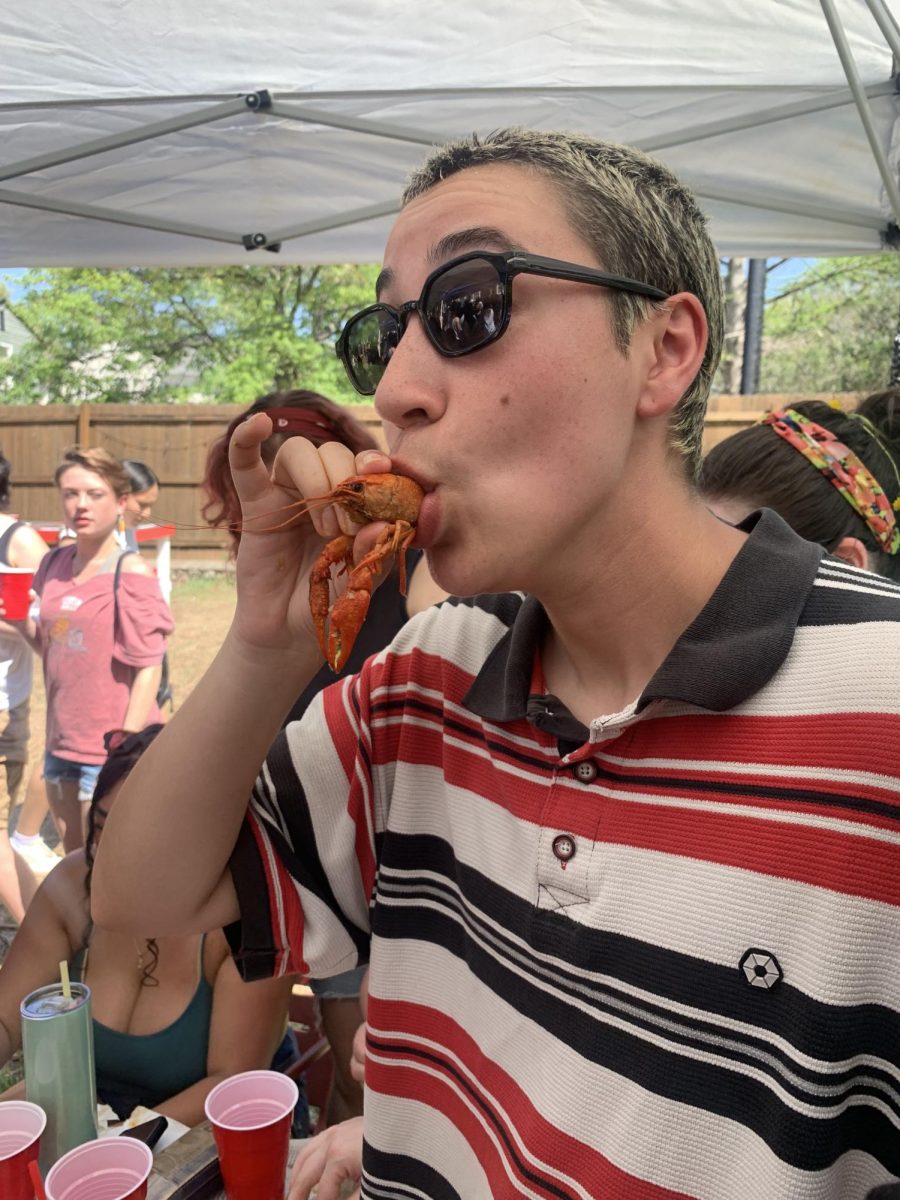Former President of Mexico Felipe Calderon gave a lecture that was open to the public on Thursday, March 21, in Laurie Auditorium. Sharon Schweitzer, assistant vice president for University Communication and one of the coordinators of the lecture, estimated that 2200-2700 people attended.
During Calderon’s term as president of Mexico, he focused on health care services and infrastructure. Calderon’s lecture centralized on these aspects while also discussing Mexico as a rising power. He also remarked on his difficulties as president dealing with drug cartels and violent crimes.
“My government faced serious challenges that made my term the most serious,” Calderon said. “These challenges would have been enough to break a weaker nation or a weaker leader.”
According to Calderon there was also some controversy surrounding his election.
“Against all odds I became president of Mexico. For me it was just the beginning,” Calderon said.
He later said that his presidency had many challenges, including one of the worst floods that has ever been recorded.
“I thought he had a very nice presentation. He was president in a time of Mexico where they faced a lot of challenges,” Schweitzer said. “He was able to talk about a considerable record of accomplishments that included economic progress, raising the economic standards of the country, and access to health care.”
In the lecture, Calderon spoke adamantly about Mexico’s future power in the world, mentioning the growing rate at which Mexico is increasing its manufacturing.
“Mexico attracted the most aerospace companies in the world, and is the sixth largest exporter of mobile phones,” Calderon said. “Mexico is a very open economy with free trade agreements with forty-four countries in the world.”
Calderon also said that his most important goal as president was achieving universal health care for the Mexican population. He tackled social issues like education and the ability to provide free public elementary school.
“I think going to the lecture was important because I got to learn about the good things happening in Mexican politics,” said first-year Esteban Rodriguez-Vazquez. “I got to fully understand why Calderon justified his violent crackdown on drugs.”
After he spoke about economic growth and social policies, Calderon explained the struggles of dealing with drug cartels and immigration, both of which topics were given attention by audience members in the question and answer portion of the lecture. Calderon gave a short amount of time to the subject of immigration, claiming that there are now more opportunities in Mexico for its citizens.
“We took tough and risky actions. We faced organized crime and we had to build the rule of law in the country,” Calderon said. “What we are fighting is not just drugs but organized crime. We built a completely new police force.
“The most important thing he spoke about, in my opinion, was his mentioning of how some of Mexico’s biggest problems like the drug trade and illegal arms, are fueled by a lack of action here at home in the U.S.,” Vazquez said.
At the end of the lecture, Calderon gave advice to the audience.
“Never stop defending your dreams. Fight for something you believe in and leave a legacy,” Calderon said. “The key to life is to graduate a human being. I ask you to give a powerful meaning to your life.”






